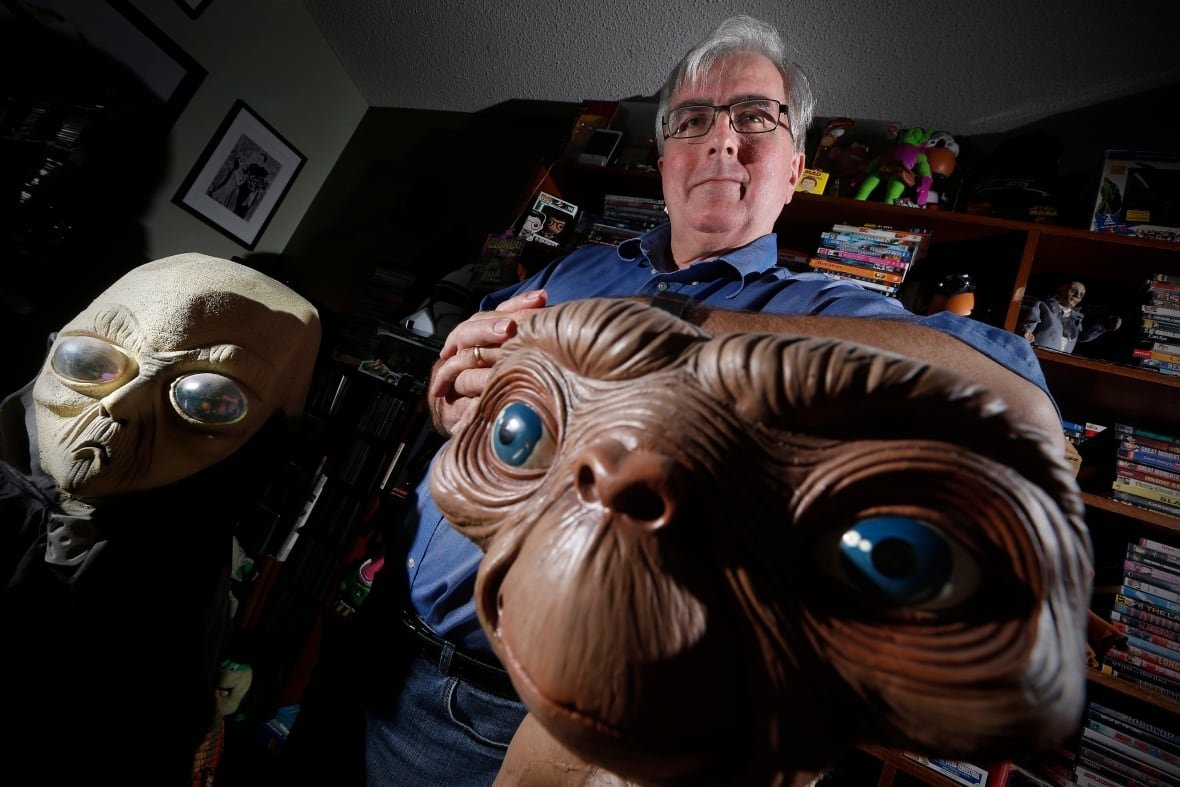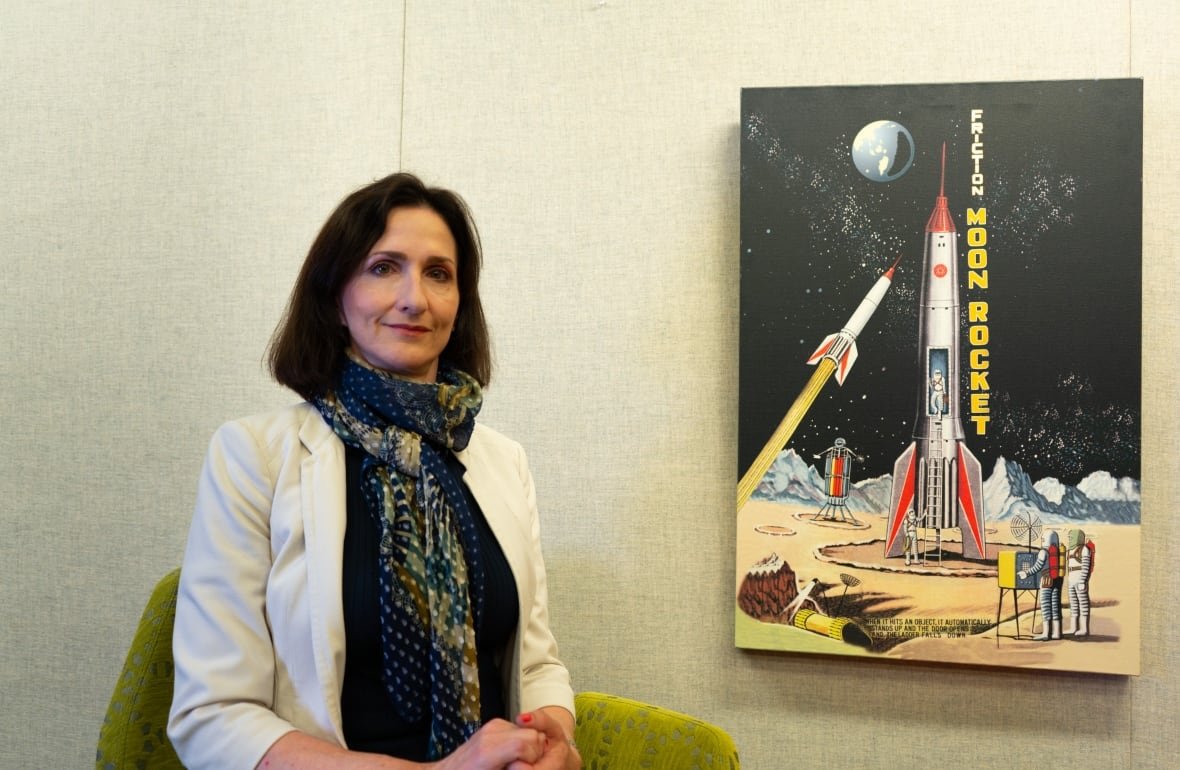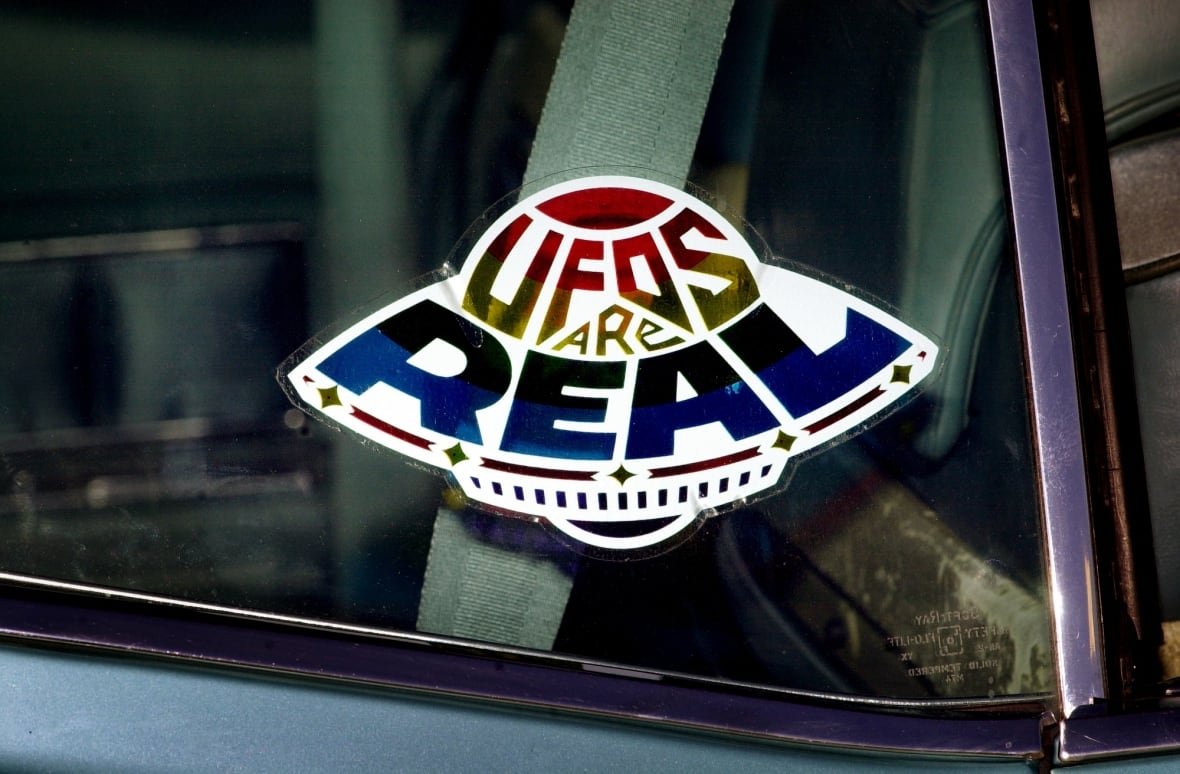A recent report commissioned by the chief science adviser of Canada emphasizes the necessity for a transparent and publicly accessible agency to oversee the management of reports concerning mysterious sightings in the skies. The report, known as the Sky Canada Project, advocates for the establishment of a federal framework to handle UFO sightings by the public and pilots, aiming to replace the current disparate protocols among government departments that impede scientific inquiry.
Highlighting the need for more information on unusual aerial phenomena, Chris Rutkowski, a prominent science writer based in Winnipeg and director of the Canadian UFO Survey, expressed support for the report. The Sky Canada Project, initiated in 2022 under the guidance of Canada’s chief science adviser, Mona Nemer, was prompted by escalating public interest in UFOs, also referred to as UAP (Unidentified Aerial Phenomena).
Conducted to analyze challenges in data collection related to UAP sightings, the project conducted a thorough examination of historical reporting practices within the federal government and current UAP protocols of various federal agencies. Consultations with non-governmental entities and experts tracking UAP reports from the public across the country were also undertaken.

The report identified the fragmented nature of Canada’s UAP reporting protocols across departments as a barrier to applying scientific principles effectively, hindering researchers from accessing and compiling data for rigorous analysis.
Stressing the necessity for an improved reporting, collection, and study process for UAP sightings in Canada, the report recommended a centralized approach akin to the former office managed by the National Research Council in 1967, in collaboration with the RCMP.
While emphasizing the absence of definitive proof of extraterrestrial life, the Sky Canada report acknowledged that some UAP sightings, despite thorough investigations, remain unexplained. This ongoing uncertainty contributes to the enduring cultural intrigue surrounding UAPs.
Additionally, the report underscored the importance of enhancing transparency and fostering public trust through proactive disclosure of UAP case details to counter misinformation and disinformation, and to preempt conspiracy theories.

The report suggested that the Canadian Space Agency could assume the lead in managing public UAP data, while Seager proposed that a post-secondary institution might be more suitable for this role.
Avi Loeb, an astrophysicist at Harvard leading the Galileo Project, was cited by the Sky Canada Project as an essential initiative for transitioning from anecdotal evidence to scientifically rigorous analysis of UAP phenomena. The Galileo Project aims to deploy observatories across different U.S. states equipped with sensors and machine learning capabilities to study UAP characteristics and behavior in American airspace.
Emphasizing the significance of national security implications, Loeb highlighted the potential for collaboration between Canada and the U.S. in addressing UAP-related challenges.


